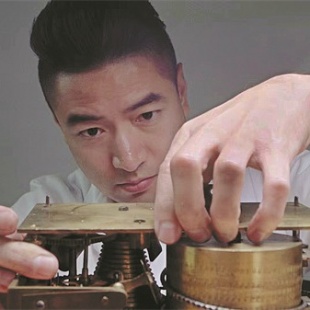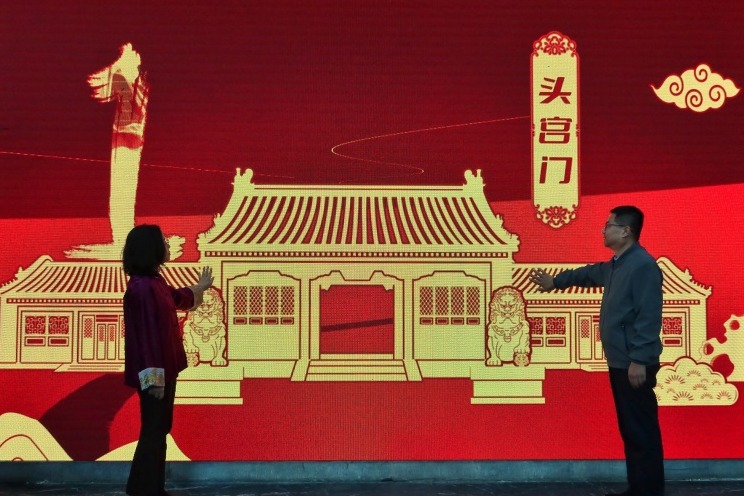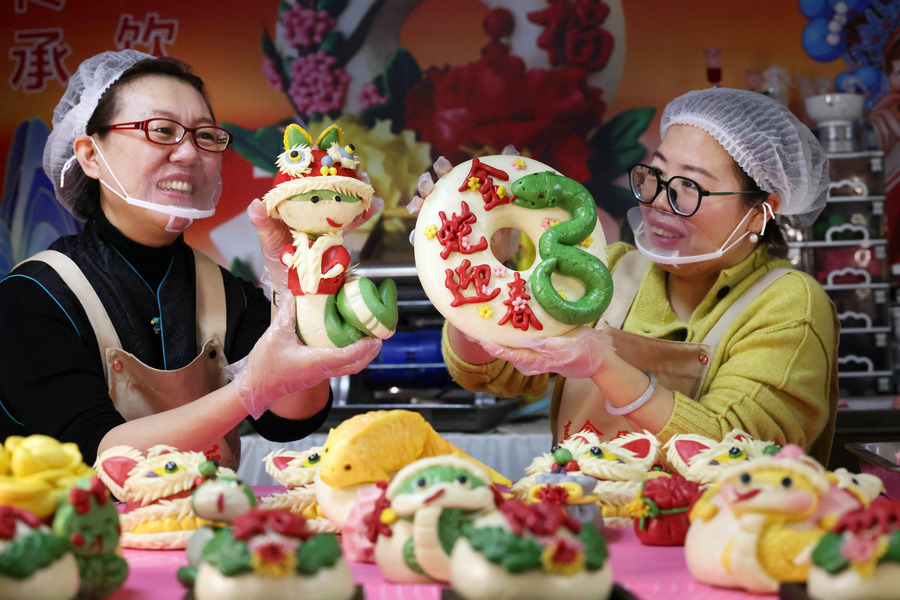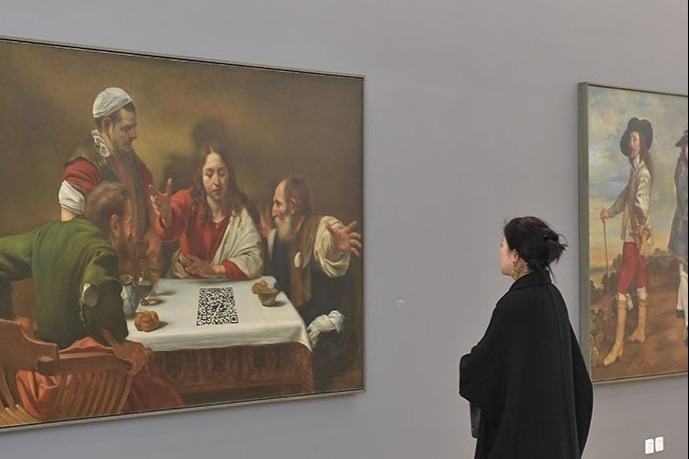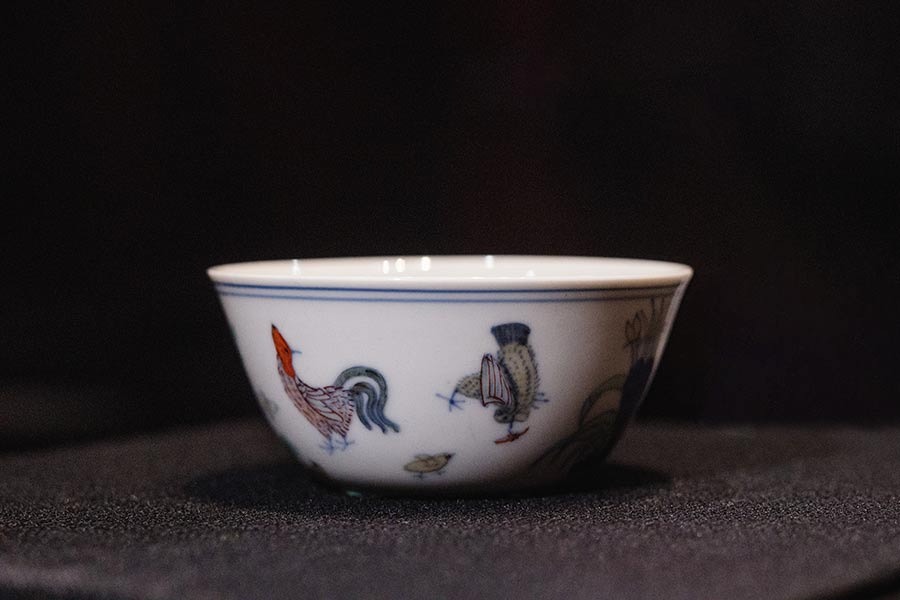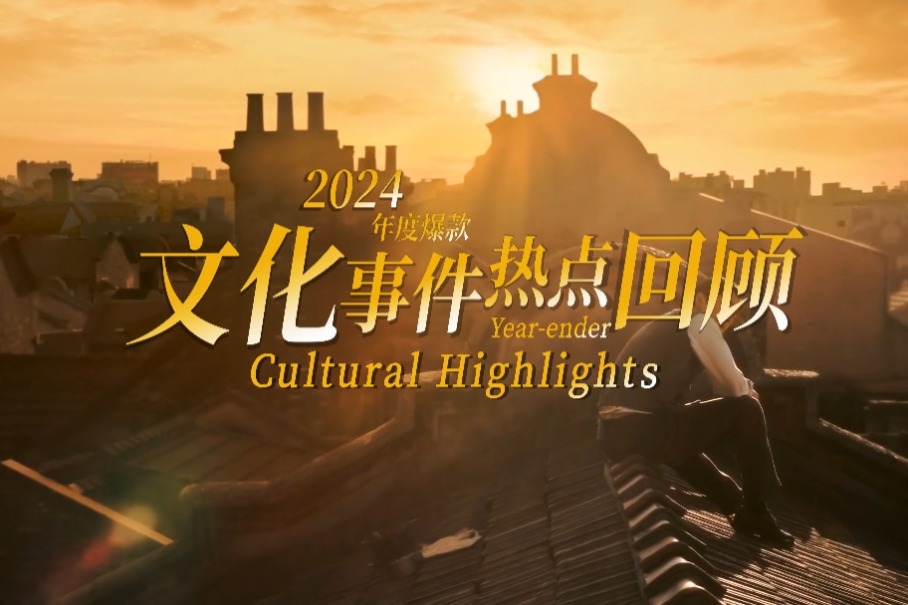A man with time on his hands


But reality soon dampened his enthusiasm. There is an apprenticeship rule: For the first year, you can look, but don't touch.
From 8 am to 5 pm every day for that first year, Qi checked and dismantled watches and clocks collected from friends to practice detecting defects. It took him a year of this repetitive routine before he could finally get his hands on the small French clock in the museum.
"It is a job that requires extreme patience, because clock restoration is a tedious and meticulous process," he says, adding that it is proof positive of the proverb "haste makes waste" and, in this case, haste can do a great deal of damage.
Although the antique clock repairing techniques at the Palace Museum were listed as a national intangible cultural heritage in 2014, it was a little-known skill and in short supply of career candidates before 2016, when three-part TV documentary, Masters in the Forbidden City, thrust the profession into the national consciousness.
"Before the release of the documentary, for a decade it had just been Wang and I doing the job," Qi says, adding that they tried to recruit graduates from college, but nobody applied.
Qi didn't expect that the documentary would make that profession a viral sensation. As a result, in 2017, Qi got two apprentices and Wang got three.


